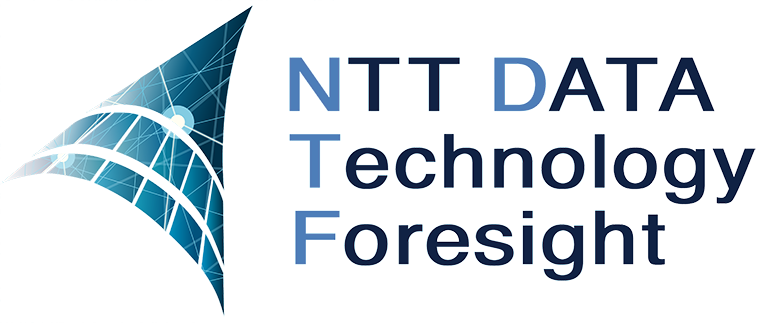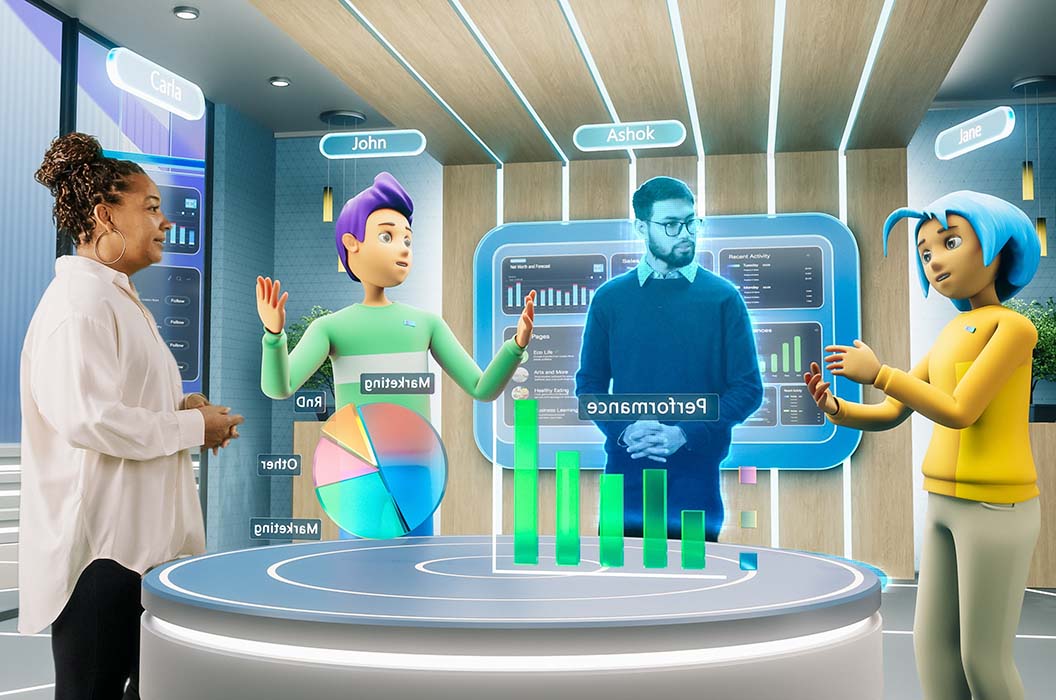
NTT DATA Technology Foresight 2023
A Compass for the Present and Future of IT and Business
NTT DATA Technology Foresight serves as a compass, observing the current state of businesses that achieve continued growth through the maximum utilization of IT, based on extensive and objective information gathering to reveal future trends. The "INTRODUCTION" section reconfirms the relationship between business and IT, while the "TECHNOLOGY TRENDS" section details the direction in which IT is evolving and provides insight into future corporate strategies.
This report, directly related to our technology strategy, will help those who use IT to meet the many challenges of a rapidly changing and increasingly complex world.


INTRODUCTION
Growth Driven by IT
READ MORE

INTRODUCTION
Borders Transcended by IT
READ MORE

INTRODUCTION
The Future of IT
READ MORE

TECHNOLOGY TRENDS
Growth-Supporting Mainstream Technology
READ MORE

TECHNOLOGY TRENDS
Border-Transcending Growth Technology
READ MORE

TECHNOLOGY TRENDS
Future-Pioneering Emerging Technology
READ MORE
Case Studies
R&D Efforts to Advance Business Utilization of the Metaverse
The Metaverse, which offers services through virtual reality spaces, is poised to drastically change traditional IT uses. NTT DATA is verifying and evaluating technologies that enable the Metaverse, and is conducting proof-of-concepts (PoCs) to realize new business use cases that utilize the Metaverse.
NTT DATA has previously developed services related to the Metaverse, such as conferencing systems and safety courses that utilize virtual spaces. NTT DATA is also verifying and evaluating new technologies, such as head-mounted displays that provide highly realistic experiences, photogrammetry that facilitates the development of Metaverse spaces by copying the physical world into virtual spaces, and platforms that provide the basic functions of the Metaverse.
Maximizing the use of the technologies, we are continuously verifying new business use cases that utilize the Metaverse. For example, with production line simulations in the Metaverse, we recreate new production lines in factories and allow people to confirm their functionality without the need for physical lines. This drastically improves production processes, saving time and resources and allowing for more efficient and accurate evaluations of the production line performance. Additionally, with virtual offices within the Metaverse, we facilitate improved communication and business activities.
Through these R&D efforts, we will accumulate the necessary technologies and business know-how for the Metaverse, and support our clients' use of the Metaverse.

The Future Envisioned by the Quantum Computer/Next-Generation Architecture Lab Service
Quantum computing and its derivative technologies have the potential to perform traditionally difficult large-scale computations, which will lead to the creation of new business methods in various industries.
NTT DATA's Quantum Computer/Next-Generation Architecture Lab Service supports proof-of-concepts (PoCs) to create these new businesses in a wide range of fields, including manufacturing, finance, logistics, and chemicals.
To give one example, NTT DATA, NTT, and Komi Hakko Corp. have started joint experiments on the instantaneous and automatic synthesis of scents. Komi Hakko has a proprietary technology for describing all the information on scents that humans perceive as digital data. With quantitative scent data, it may be possible to automate the scent formulation process, which was previously performed by experts using their actual noses. However, scent data is exceedingly complex, and can frequently change over time: some scents are perceived immediately, while others linger in the air, creating many factors that need to be considered. Therefore, the data analysis process for prototyping and evaluating this technology was extremely time-consuming. NTT DATA is improving its calculation technology to perform the analysis instantaneously using NTT's LASOLV coherent Ising machine.
The efforts of our Quantum Computer/Next-Generation Architecture Lab Service are both domestic and global in scope, helping our clients grow their businesses in innovative ways by optimizing, streamlining, automating, and scheduling across all industries.
